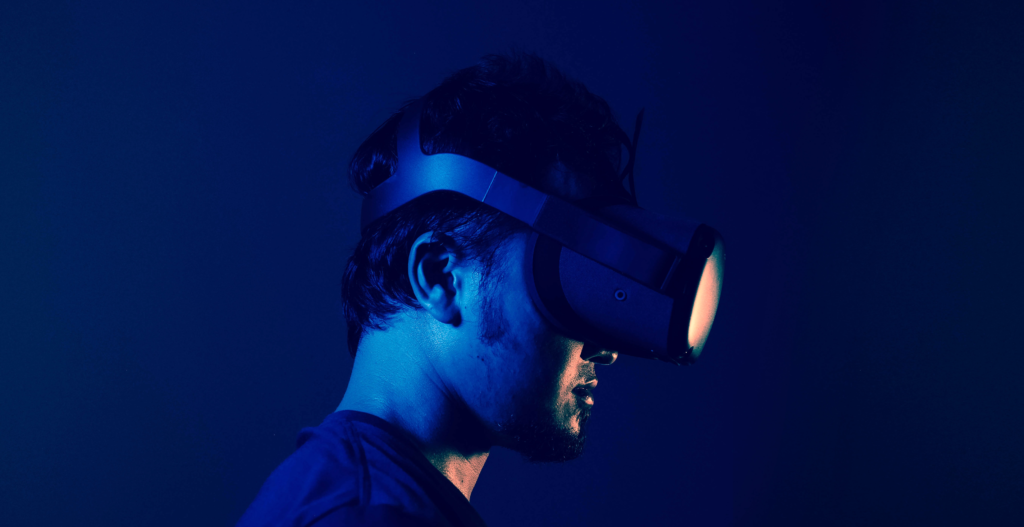While technologies play a significant role in modern sports betting, not all of them can become revolutionary instruments in making such an entertainment industry more accessible to a wide audience of clients. Most big companies, like Pin Up Bet in Canada, take a more classic approach, with a good website and a long list of available markets. But there are also those companies, who try using new technologies, like Virtual Reality. However, as we delve deeper into the realm of virtual reality, it becomes apparent that VR may not be the choice for sports betting.

Indications of Why VR Ended Up Being Uneffective
One of the primary drawbacks of VR technology is its accessibility and cost. While VR has been available for some time, it remains a relatively expensive technology, making it inaccessible to a significant portion of potential users. In contrast, AR can be seamlessly integrated into smartphones and other mobile devices, offering a more cost-effective and user-friendly solution. The high price tag associated with VR headsets, such as Oculus devices, limits their adoption among the general population. This inaccessibility hinders the widespread use of VR in sports betting. But there are also some additional factors:
Immersive Experiences
VR is known for its ability to create highly immersive and captivating experiences. While this might seem like a positive aspect, it can also be a double-edged sword. The immersive nature of VR can be so engrossing that users may find it challenging to detach from the virtual world, leading to addiction concerns. Users could become hooked on the VR experience, even if they are not necessarily betting large sums. This addiction could potentially take time away from their families, work, and other responsibilities.
Limited Interactivity
In contrast to the more interactive nature of AR, VR tends to isolate users within a virtual world. While VR can simulate a virtual yet interactive world, it often lacks the real-time interactivity that is crucial in sports betting. Bettors who prefer to interact with fellow users, Pin-Up Bet, or keep an eye on live odds during a game may find VR to be isolating and less conducive to social engagement.
Potential for Disconnection from Reality
VR’s immersive nature can also lead to a disconnection from reality. Punters may become so engrossed in the virtual world that they lose touch with the actual sporting events they are betting on. This disconnection could result in less informed betting decisions, as punters may overlook crucial real-world factors that can impact the outcome of a game.
These factors already show why such technology cannot be a reason for people to become fans of a particular sportsbook.
Sometimes the Simplest Approach is the Best
While VR is a fascinating technology with immense potential in various domains, it may not be the most suitable choice for making the sports betting experience more impressive. Its high cost, the potential for addiction, limited interactivity, and the risk of disconnection from reality all pose significant challenges. Augmented Reality, with its accessibility and real-world integration, could offer a more practical and user-friendly solution for sports betting enthusiasts in Canada.
